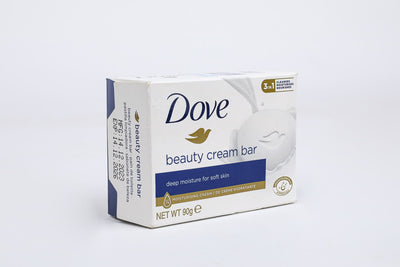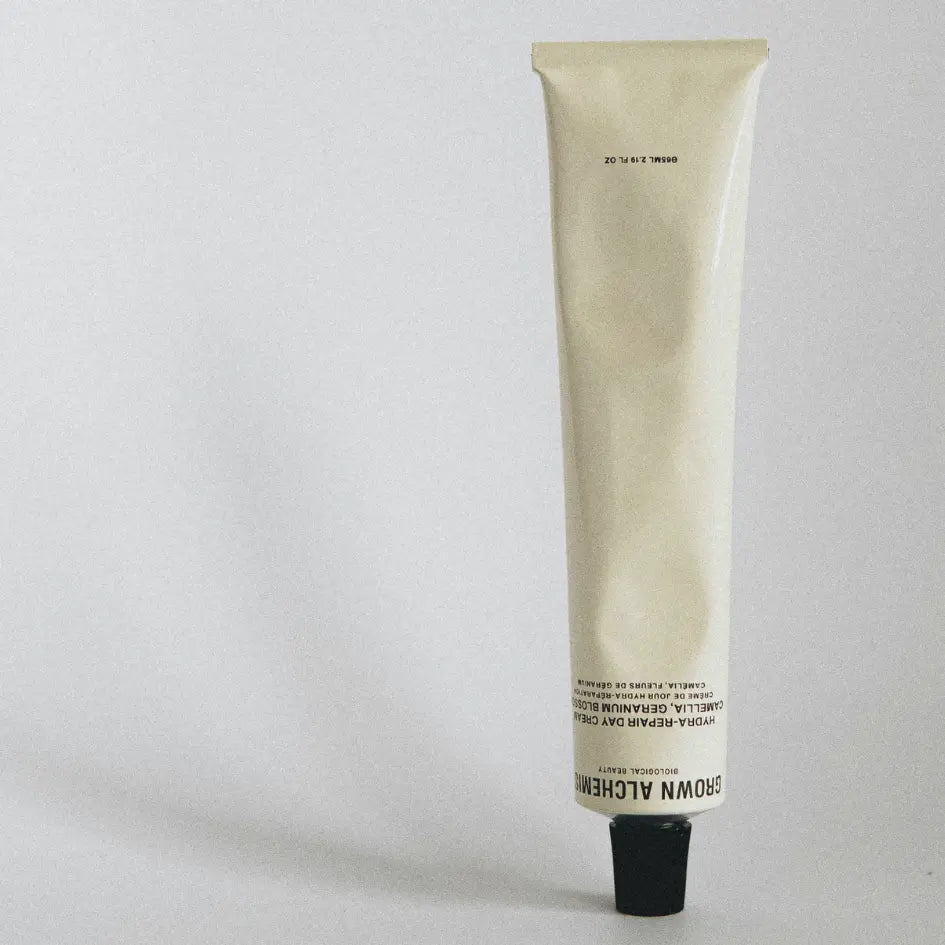Dove

brand rating & evaluation
Dove
Our ratings are based on a scale from 1 (Avoid) to 5 (Top Choice).
See how we rate.
The Shifting Gaia rating evaluates brands based on sustainable practices, ingredients and materials, and social responsibility, among others. Below are a few factors influencing this brand's score:
overview
about
Dove is a mainstream health and beauty brand ownded by Unilever. Highlights
• Some use of PCR plastic
• Community engagement efforts
sustainability
details:
Packaging
In 2019, the brand began transitioning to 100% post-consumer recycled (PCR) plastic bottles in North America and Europe. Notably, Dove launched a refillable deodorant in 2021, which uses 54% less plastic than Dove's regular deodorant. However, Dove's packaging footprint remains substantial. Greenpeace has criticized Dove for continuing to rely on single-use plastics, highlighting that the brand produces an estimated 6.4 billion disposable sachet packets per year (about 12,000 every minute). Greenpeace also noted that as of 2023, a mere 0.2% of Unilever's packaging was reusable, indicating that Dove's product delivery is still overwhelmingly single-use.
Ingredient Sustainability
Dove's parent company Unilever has been at the forefront of industry efforts to source sustainable, deforestation-free palm oil. By the end of 2024, Unilever reported 82% of its core palm oil volumes were sustainably sourced. Dove has also improved the biodegradability of its formulas. For example, its Deep Moisture body wash now boasts a 98% biodegradable ingredient formula, meaning 98% of the ingredients break down into benign substances.
However, it's worth noting that some harsh or non-green ingredients persist in Dove's portfolio. Dove openly acknowledges it continues to use traditional surfactants like SLS/SLES in some hair products. Ingredients such as Sodium Laureth/Lauryl Sulfate, while effective, are only partially biodegradable and can be toxic to aquatic life. Likewise, Dove products contain synthetic fragrances (parfum) which can include non-biodegradable or bioaccumulative compounds.
Energy Use and Footprint
Unilever has pledged to achieve net-zero emissions across its value chain by 2039. To reach this goal, Unilever (and by extension Dove) is actively working to cut emissions in manufacturing, logistics, and raw material sourcing. Indeed, Unilever reports that as of 2020 it had switched 100% of its factories, offices, and facilities to renewable grid electricity worldwide.
While these measures are commendable, Dove/Unilever is not yet a carbon-neutral business. There is still heavy reliance on carbon-intensive activities (e.g. producing billions of product units, global shipping, and agricultural inputs like palm oil and soy). The emissions reduction trajectory is long-term (net-zero by 2039), which lacks the urgency necessary for the climate crisis.
Waste Management
Dove still generates enormous amounts of waste through its products, especially in markets where single-use sachets and small packets are prevalent. On the manufacturing side, Unilever has programs to minimize factory waste and achieve “zero waste to landfill” at many facilities, which likely includes Dove production sites. However, such details are not highly public for the brand level.
Business Model
Dove operates as a mainstream, high-volume consumer goods brand, and its business model reflects a traditional approach that can encourage overconsumption. The brand offers a broad array of product lines, with frequent product variants and marketing campaigns.
non-toxic
details:
Dove positions itself as a gentle, dermatologically endorsed brand, and in recent years it has reformulated many products to eliminate certain controversial chemicals. For instance, Dove's cleansing products are now typically free from parabens, phthalates, and formaldehyde-releasing preservatives.
Despite these positives, Dove products are not 100% free of all potentially problematic ingredients. Many items contain fragrance (parfum), which can be a mix of dozens of chemicals, some of which are allergens or suspected endocrine disruptors (though present in small concentrations).
Dove has faced health-related scrutiny in specific cases as well. In 2022, Unilever had to recall several Dove aerosol dry shampoo products due to benzene contamination.
social responsibility
details:
Dove benefits from Unilever's generally high standards for labor and has made some headline commitments (like living wages) that put it ahead of many peers. However, the brand's reliance on complex global supply chains has in the past linked it to serious labor rights violations (especially in palm oil harvesting). The extent to which those issues have been fully resolved is hard to verify, as audits and NGO reports still occasionally uncover problems.
Dove has made substantial progress on animal welfare and is now considered a cruelty-free brand. In 2018, Dove (and Unilever) announced a global ban on animal testing for its products and ingredients, ensuring that no Dove product is tested on animals anywhere in the world.
Dove excels in community engagement and earns the highest mark here. Through long-running initiatives like the Self-Esteem Project and bold advocacy such as championing the CROWN Act to fight discrimination, Dove uses it's platform to drive positive change.
